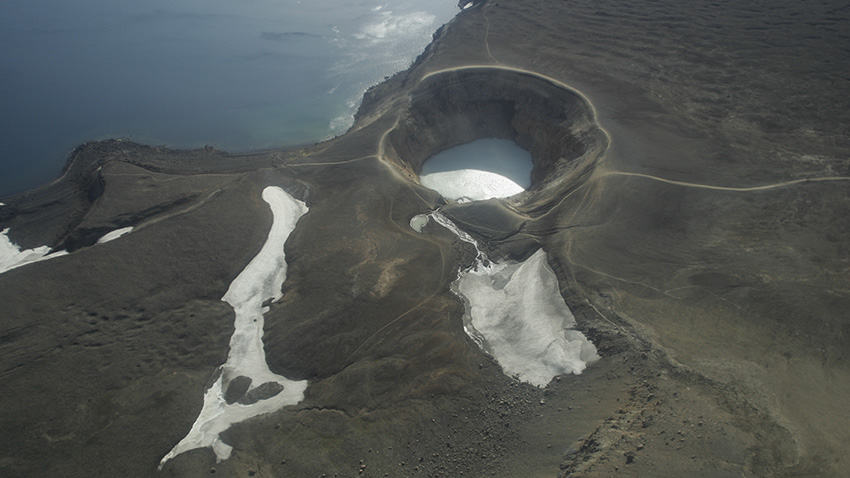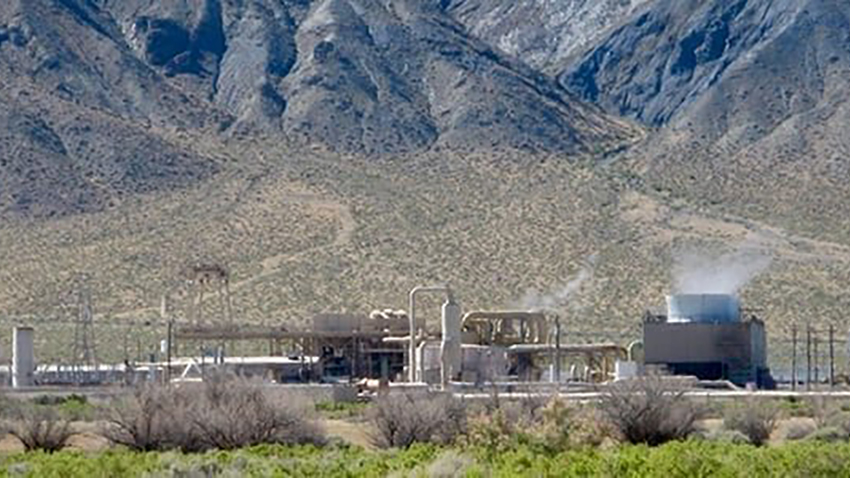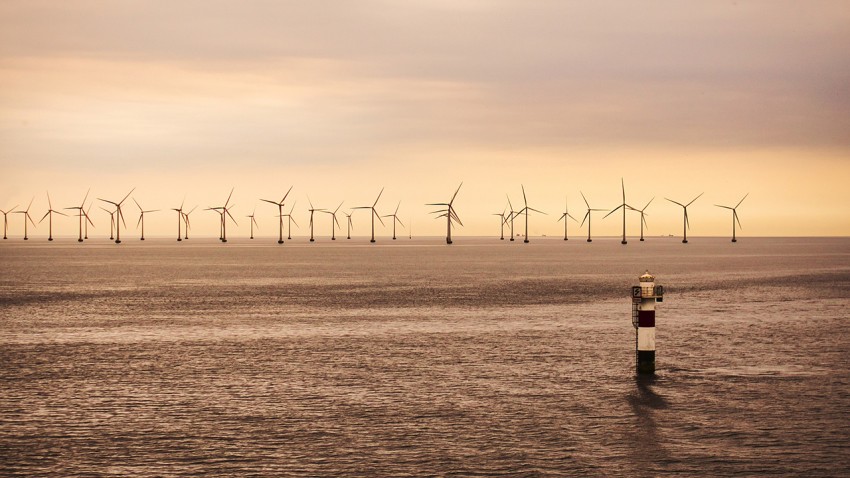
Determining rate of magma injection may lead to more reliable volcanic forecasting
Forecasting volcanic eruptions has been spotty at best due mostly to the inability to identify reliable eruptive precursors. But a group of researchers at Cornell University’s College of Engineering, Roma Tre University and the University of Leeds may have found a solution to that problem. The research team addresses this limitation in a scientific article published today in Nature Geoscience, showing that a novel parameter, which can be indirectly measured at volcanoes, is a good indicator of whether it will go on to erupt or not. “This precursor is the rate of magma injection within the... Read more




%20-%20850x478.jpg
)





